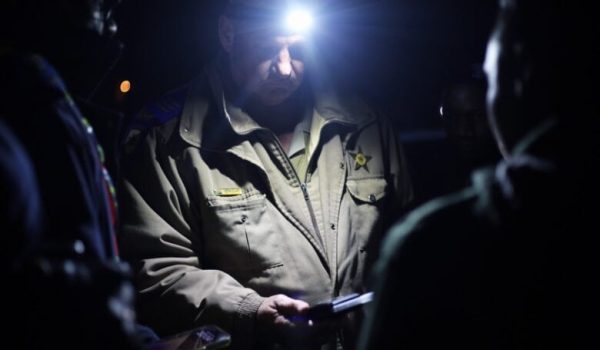Electricity pylons, which support high-voltage electrical cables, fell onto parts of the N4 highway at the weekend. At least three of the pylons had been vandalised.

The City of Tshwane said that it was still counting the cost of the infrastructure damage caused to the municipality’s electricity grid.
City mayor, Cilliers Brink, said that he feared that cable and metal theft was spiraling out of control, with items such as sheeting, grids, water meters, taps, manhole covers and most recently metal from electricity pylons being targeted.
The massive structures, which support high-voltage electrical cables, fell onto parts of the N4 highway at the weekend.
At least three of the pylons had been vandalised.
Brink said that the theft and destruction of infrastructure meant to keep the lights on was bringing the country to its knees.
“It leads to the loss of electricity, which is a major revenue stream for the city and for the economy, this is unprecedented.”
The collapse of seven pylons has forced a Ford plant to shut, causing an output loss of 720 vehicles a day.
“It’s enormous damage to the infrastructure. We haven’t quantified that amount yet but it’s a question we keep on asking the officials but it’s very important that once we put a figure to it, that that be a credible figure.”
Last year Trade, Industry and Competition Minister Ebrahim Patel revealed that the annual cost of copper and scrap metal theft to the economy was about R47 billion a year.
By: Veronica Mokhoali
For more information visit: ewn.co.za









Comments